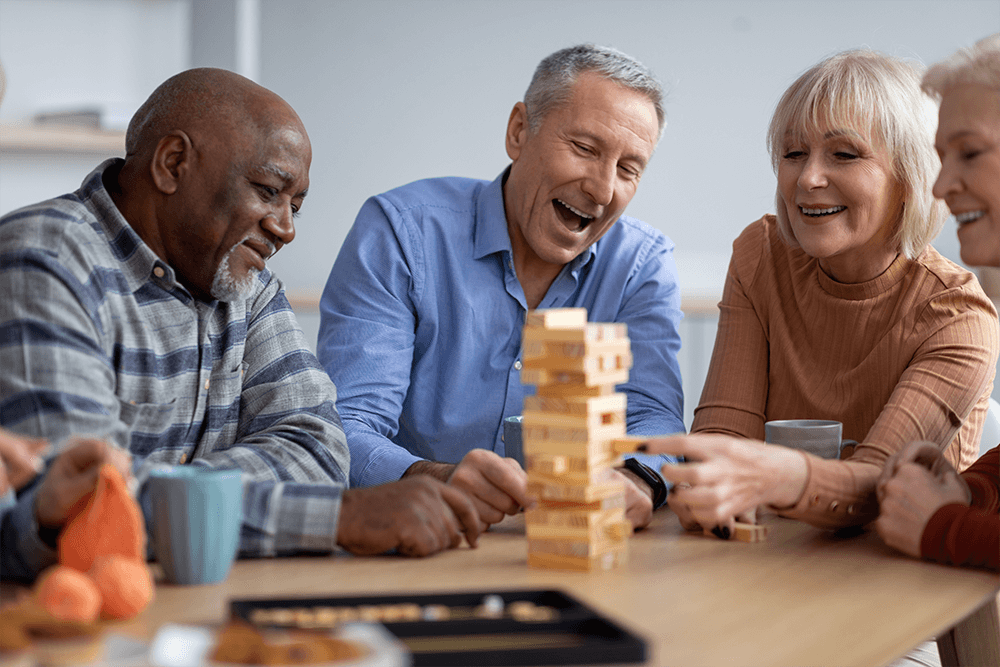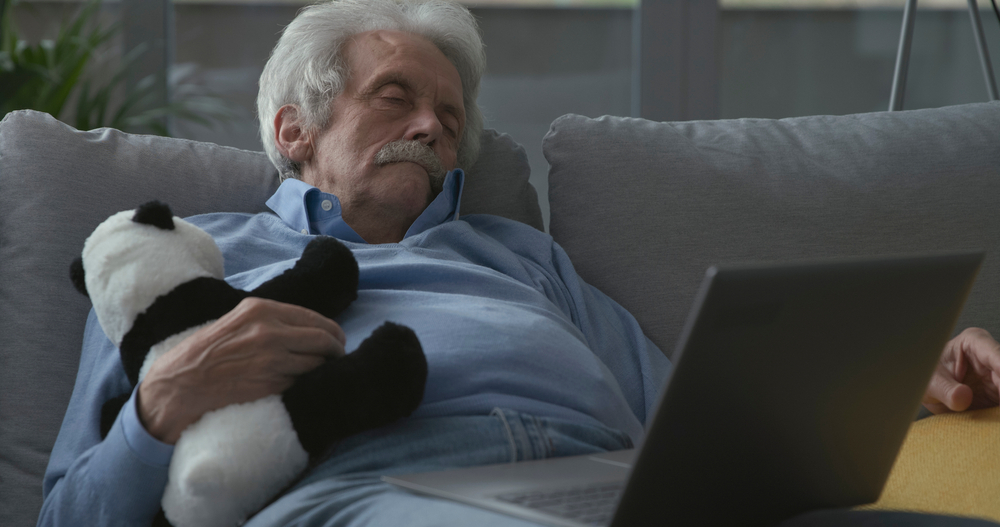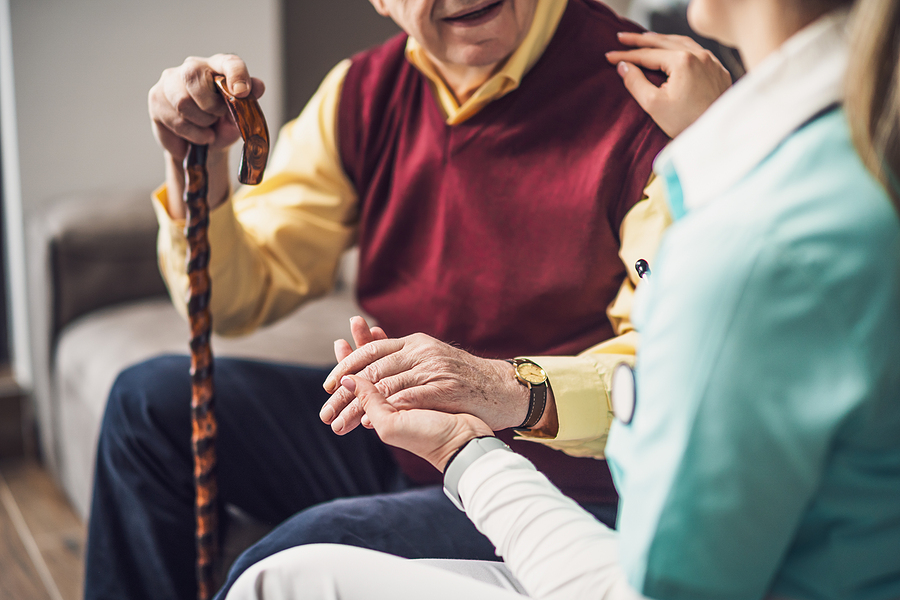The effects of a stroke vary from one patient to another, depending on factors such as the hemisphere of the brain in which the stroke occurred, the size of the affected area, and the time it took to receive emergency treatment.
Along with coordination and mobility issues, stroke patients commonly experience cognitive deficits and memory loss.
According to the National Institute of Neurological Disorders and Stroke, the most important element in any stroke rehabilitation program is to engage in carefully directed and well-focused activities that will allow the patient to relearn skills that were suddenly lost due to damage to the brain tissue.
Here are seven activities that can be beneficial in such cases.
Board games
Board games come in all shapes and sizes, with rules that vary in levels of complexity.
For instance, Scrabble allows patients to practice language, math, and fine motor skills. Jenga is another favorite, as it requires coordination to keep the blocks from falling over. Battleship can be used to help regain language skills, since players must vocalize certain actions and let their opponent know if they hit, sank, or missed a ship.
Knitting
One of the after-effects of a stroke is a lack of physical or mental energy that interferes with daily activities, a condition sometimes referred to as post-stroke fatigue. For this reason, stroke patients might not want to leave their homes as often while in recovery.
Knitting is a fun, low-energy indoors activity that stimulates the mind while practicing fine motor skills. Patients can choose their own color schemes, patterns, and techniques to create something entirely unique.
Photography
Taking pictures, arranging them in albums, and revisiting those moments – these are all activities that can be beneficial following a stroke. Photography can become an extremely creative and gratifying hobby. The pictures themselves can also be used to jog the stroke victim’s memory.
Writing
According to the National Institute of Neurological Disorders and Stroke, at least one-fourth of stroke survivors experience impairments involving the ability to understand spoken and written language.
Different forms of writing can help stimulate the brain after a stroke. Some rehabilitation patients may only be able to copy short sentences or words into a journal. Others may choose to write notes, longer letters or even stories for family members and friends.
Arts and crafts
Stroke survivors may have a significantly shortened attention span. Arts and crafts typically require focus, which can be beneficial in such cases.
Painting involves gripping a brush, dipping it in paint and brushing the colors onto a canvas. These repetitive movements require patience and fine motor skills. The same can be said of pottery, scrapbooking, coloring, and other types of handcrafted art.
Word puzzles
Communication problems are common after a stroke. Symptoms of aphasia include using the wrong words or being unable to formulate sentences.
Depending on the severity of the symptoms, these issues can be addressed through crossword puzzles, word guessing games, or games where pictures must be matched to a certain phrase.
Jigsaw puzzles
Patients who don’t like word games can try solving jigsaw puzzles. Pieces come in various shapes and sizes, making it easy for patients to grasp them and move them around.
Vision may be affected in several ways after a stroke. For instance, some victims may lose the ability to see contrasts or experience visual field impairment (blind spots). Puzzles with larger pieces and brighter colors are recommended in such cases.
The brain has a certain level of plasticity, which means that with proper stimulation it can reorganize and “retrain” itself after a stroke. This is a long-term process that varies from one person to the next, but activities such as the ones listed above can help speed up recovery and rehabilitation.
At Springpoint Living at Manalapan, we pride ourselves on the high-quality clinical care and compassionate support offered to our residents. Contact us to schedule a visit today.



